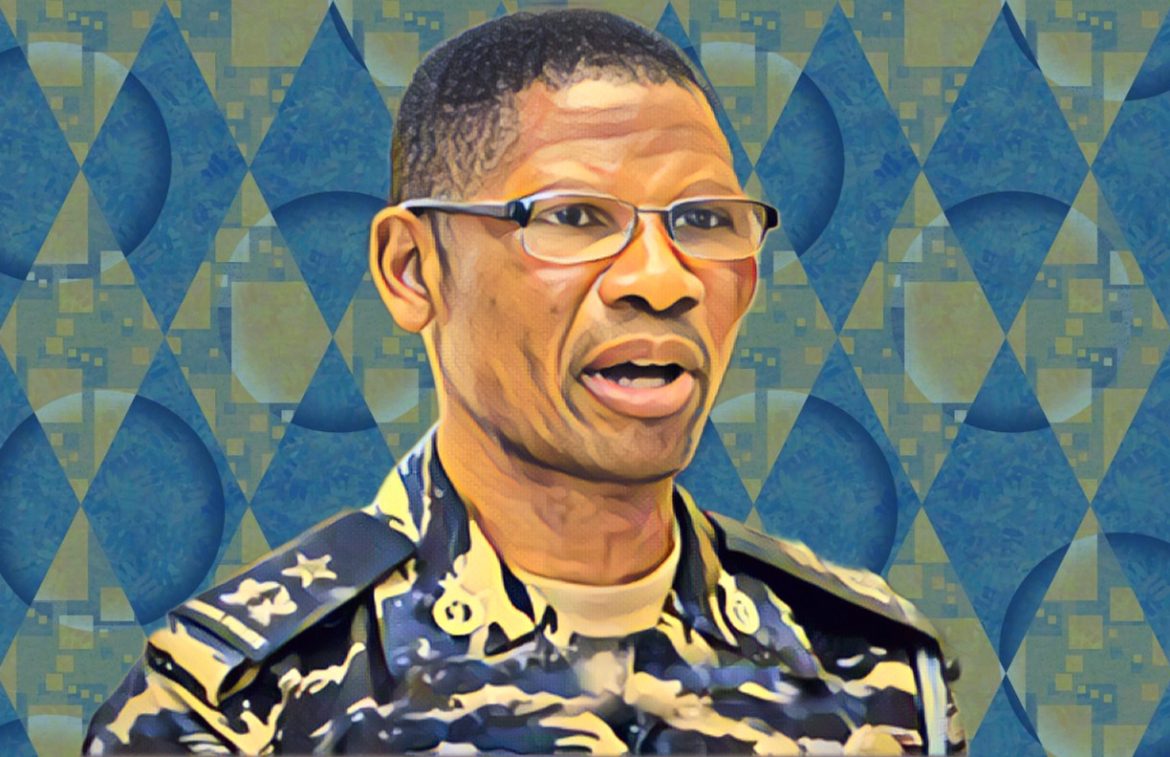Retired Assistant Commissioner of Police (ACP) Benjamin Agordzo has accused the Minister of Defence, Dominic Nitiwul, of orchestrating his arrest and prosecution less than two weeks after he expressed his opinions on civil unrest and the Arab Spring.
Speaking on Citi TV, a local station, ACP Agordzo claimed that Nitiwul initiated his arrest following discussions on a WhatsApp platform where he shared his views on civil unrest.
“I had spoken about the Arab Spring on the Adam Bonaa platform, and discussed civil unrest on Dr. Mac-Palm’s platform, I spoke about the Arab Spring as well.
“When the arrests of the alleged coup makers were announced, we started discussing this same thing,” ACP Agordzo explained.
He further claimed that when he expressed his opinions, Nitiwul reposted his previous comments on civil unrest suggesting that he must be brought to order, which eventually led to his arrest.
“He came after me because he started this whole thing. I protested when he did that. I reported him to the administrator of the platform.
“The administrator contacted him, and we have it on chat. The administrator told him the platform is a free one where members express their opinions on security and therefore should stop what he was doing. Less than two weeks I was arrested,” ACP Agordzo alleged.
A controversial case
According to the retired police officer, the case initially started at the Defence Intelligence at Burma Camp under the supervision of Nitiwul before being transferred to the National Intelligence Bureau (NIB).
He dared the Defence Minister to challenge him or deny it.
“I don’t have any problem with him. Maybe he’s being vindictive, maybe he had something against me that I don’t know. He may not be comfortable with my opinions and decided to change my sitting place,” ACP Agordzo asserted.
It is worth noting that ACP Benjamin Agordzo, along with Dr. Mac Palm and eight others, faced charges of conspiracy to commit high treason and high treason.
The High Court acquitted ACP Benjamin Agordzo on January 24, 2024, while six others were convicted and sentenced to death by hanging for plotting a coup.
A threat to democracy?
The case of ACP Agordzo and his co-accused has sparked a debate on the state of democracy and freedom of expression in Nigeria, a country that has experienced several military coups in its history.
Some civil society groups and human rights activists have condemned the trial as a witch-hunt and a violation of the rights of the accused.
They have also questioned the evidence and the motive behind the alleged coup plot, which the government said was aimed at destabilizing the country and overthrowing the elected president.
However, the government has defended its actions, saying that it acted on credible intelligence and that it was committed to protecting the constitutional order and the rule of law.
The government has also accused some of the defendants of having links with foreign entities and receiving funding from abroad to execute their plan.
A call for dialogue
As the case continues to generate controversy and polarize the public opinion, some analysts have called for dialogue and reconciliation among the different stakeholders.
They have urged the government to respect the rights of the citizens to express their views on national issues, and the citizens to exercise their freedom of expression responsibly and constructively.
They have also appealed to the media and the civil society to play a positive role in promoting peace and stability in the country, and to avoid sensationalism and incitement.
The analysts have also stressed the need for the security agencies to act professionally and impartially, and to respect the due process of law.
They have also suggested that the government should engage in dialogue with the opposition and other groups that may have grievances or concerns, and to address the root causes of the social and economic problems that may fuel discontent and unrest.
Source: Modern Ghana





1 comment
Thanks for sharing. I read many of your blog posts, cool, your blog is very good.